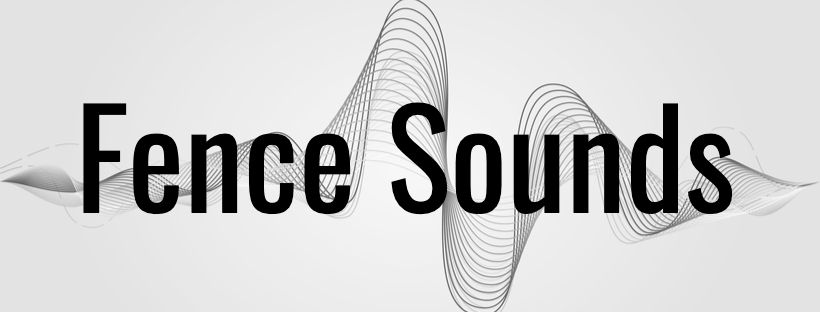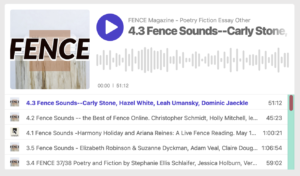Our Mission
Fence is committed to publishing from the outside and the inside of established communities of writing, seeking always to interrogate, collaborate with, and bedevil all the systems that bring new writing to light.
As a non-profit, Fence is mandated to make decisions outside of the requirements of market force or capital concern, and only in keeping with its mission:
to maintain a dedicated venue for writing and art that bears the clear variant mark of the individual’s response to their context; and to make that venue accessible to as many, and as widely, as possible so that this work can reach others, that they may be fully aware of how much is possible in writing and art; such that Fence publishes almost entirely from its unsolicited submissions; and is committed to publishing the literature and art of queer writers and writers of color.
___
Fence Magazine, Inc. is grateful to the New York State Council of the Arts for key financial support through their grant-making program.
Distribution
The distribution theory and practice of Fence redefines the terms of accessibility to nonconforming writing, breaking through insularity by making Fence available to as many readers as possible. Distribution is essential to our mission.
Fence is distributed by ANC, Media Solutions, and SPD to stores in all 50 states and internationally. Exact Editions is the digital distributor of Fence to individuals and libraries all over the world.
Fence Books are distributed by Consortium Book Sales and Distribution based in Minneapolis, MN and SPD (Small Press Distribution) based in Berkeley, CA.
"A Brief History of Fence" & Fence document archive
We have assembled on this website—and will continue to add more ongoingly— an ever incomplete but yet quite robust account of Fence's founding and early days as well as a live document archive starting from the earliest days of the magazine in 1998 and 1999.
If you have thoughts or memories of Fence, please send to fence.fencebooks@gmail.com and we will be glad to add them to the history page.


